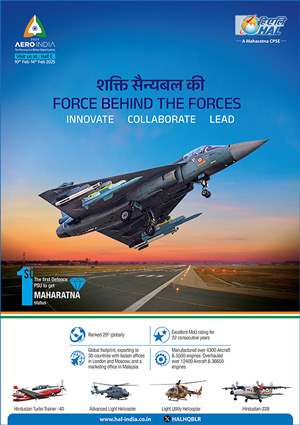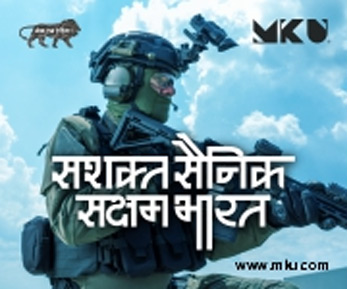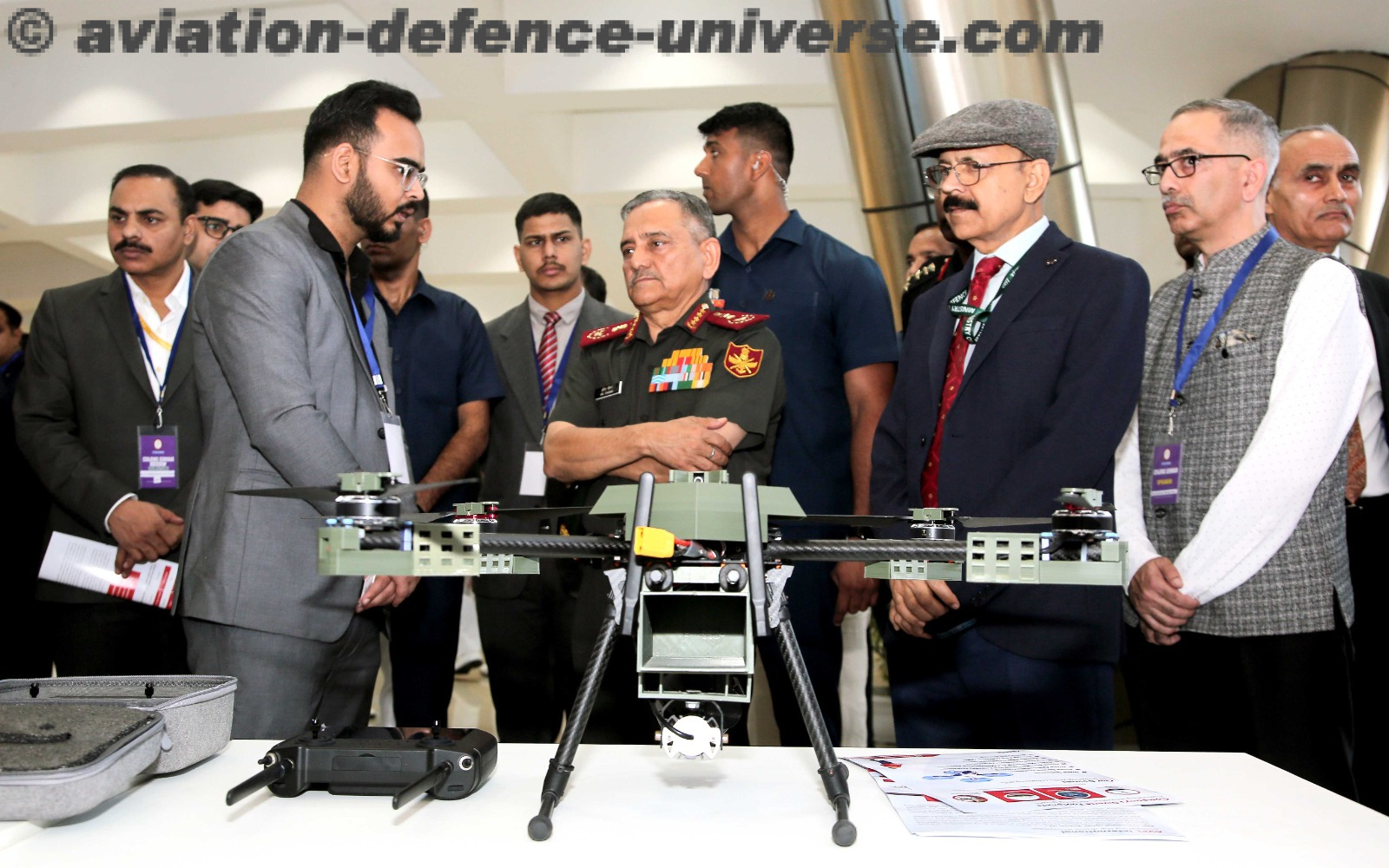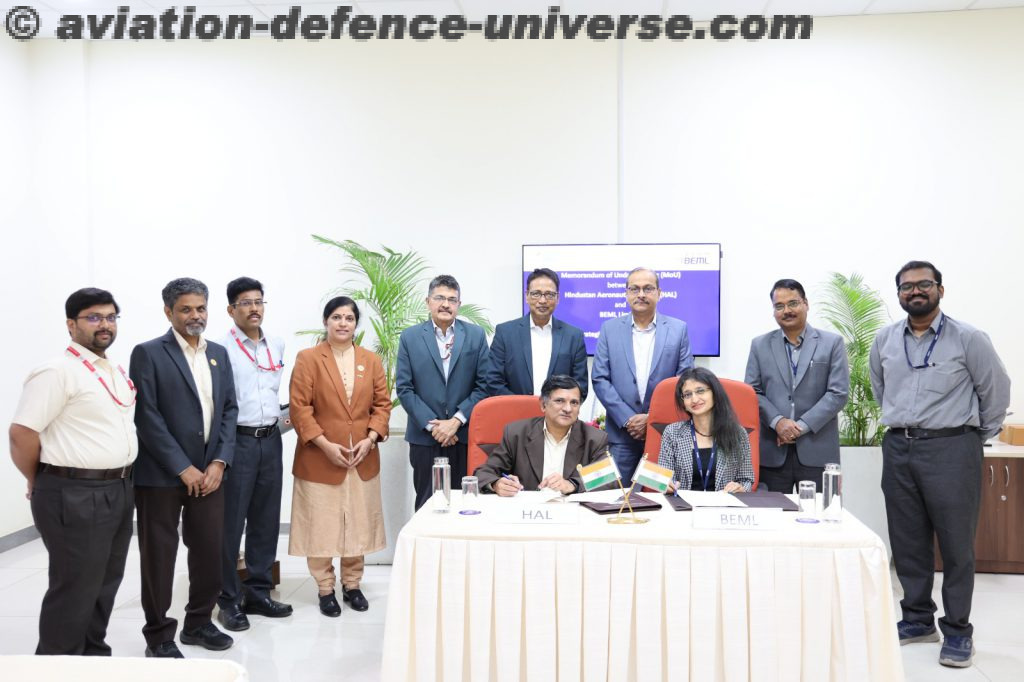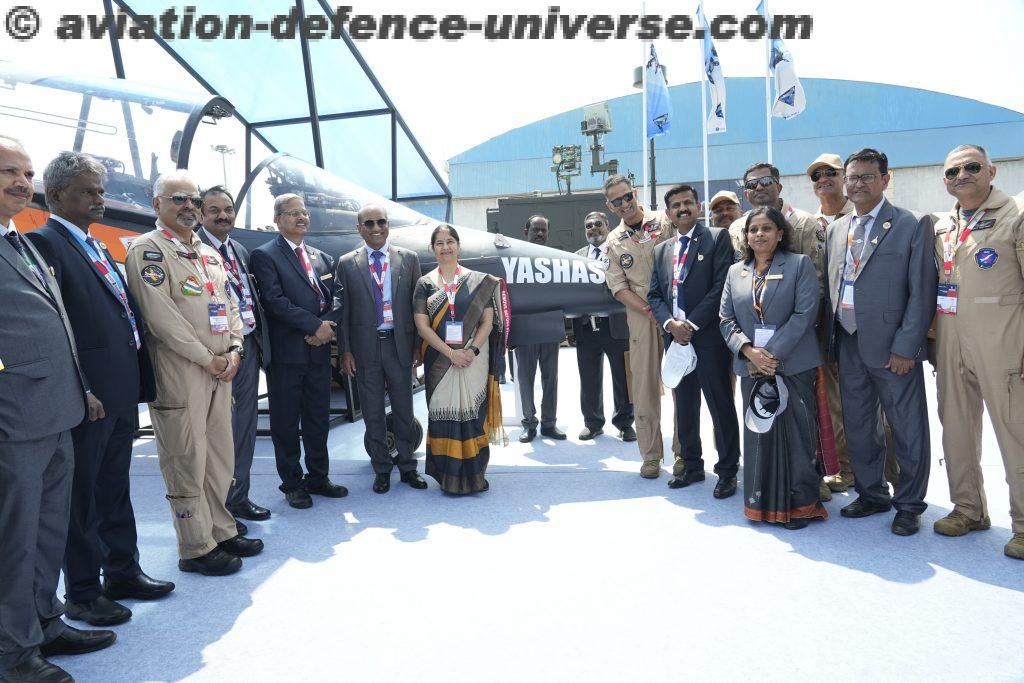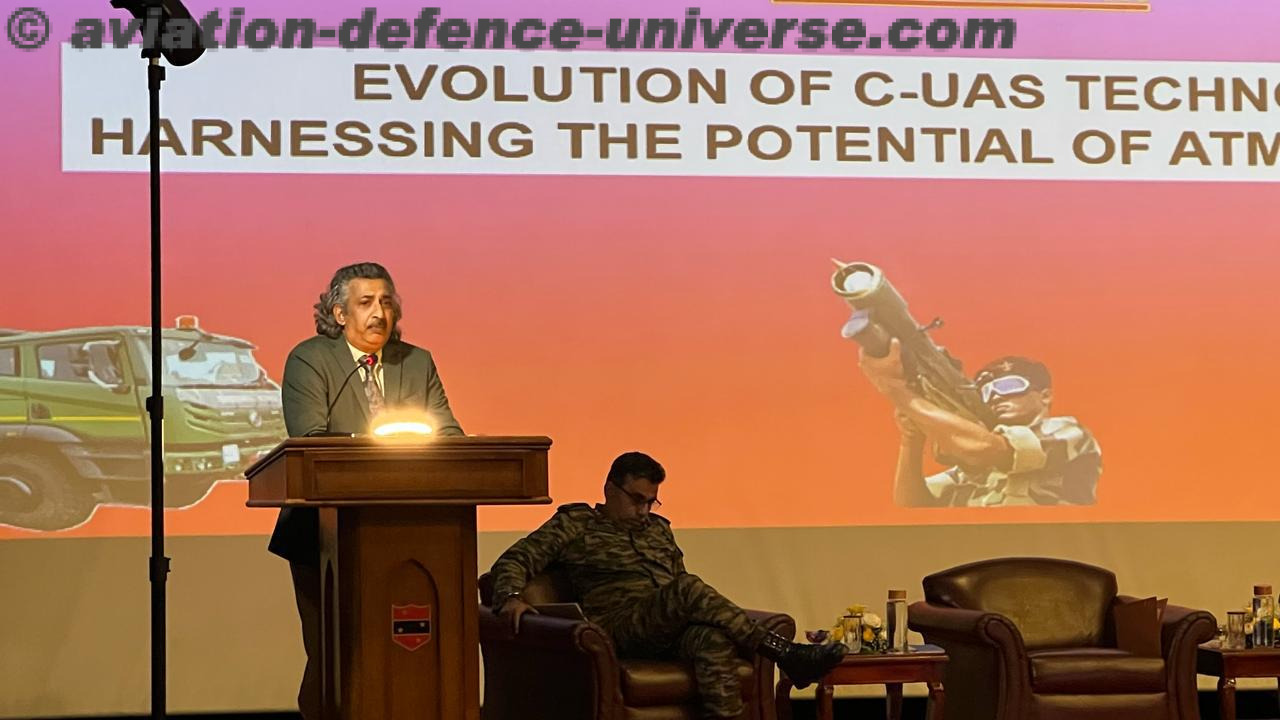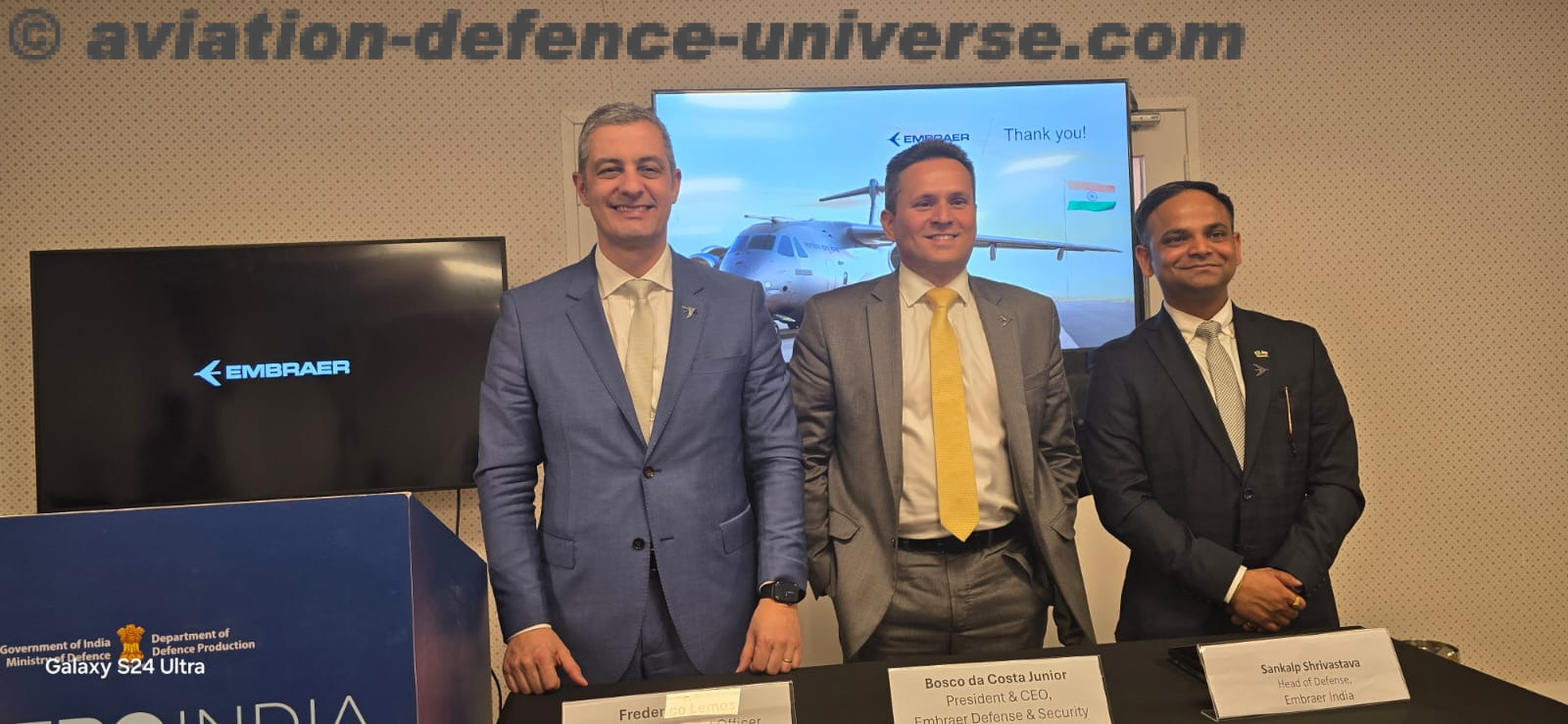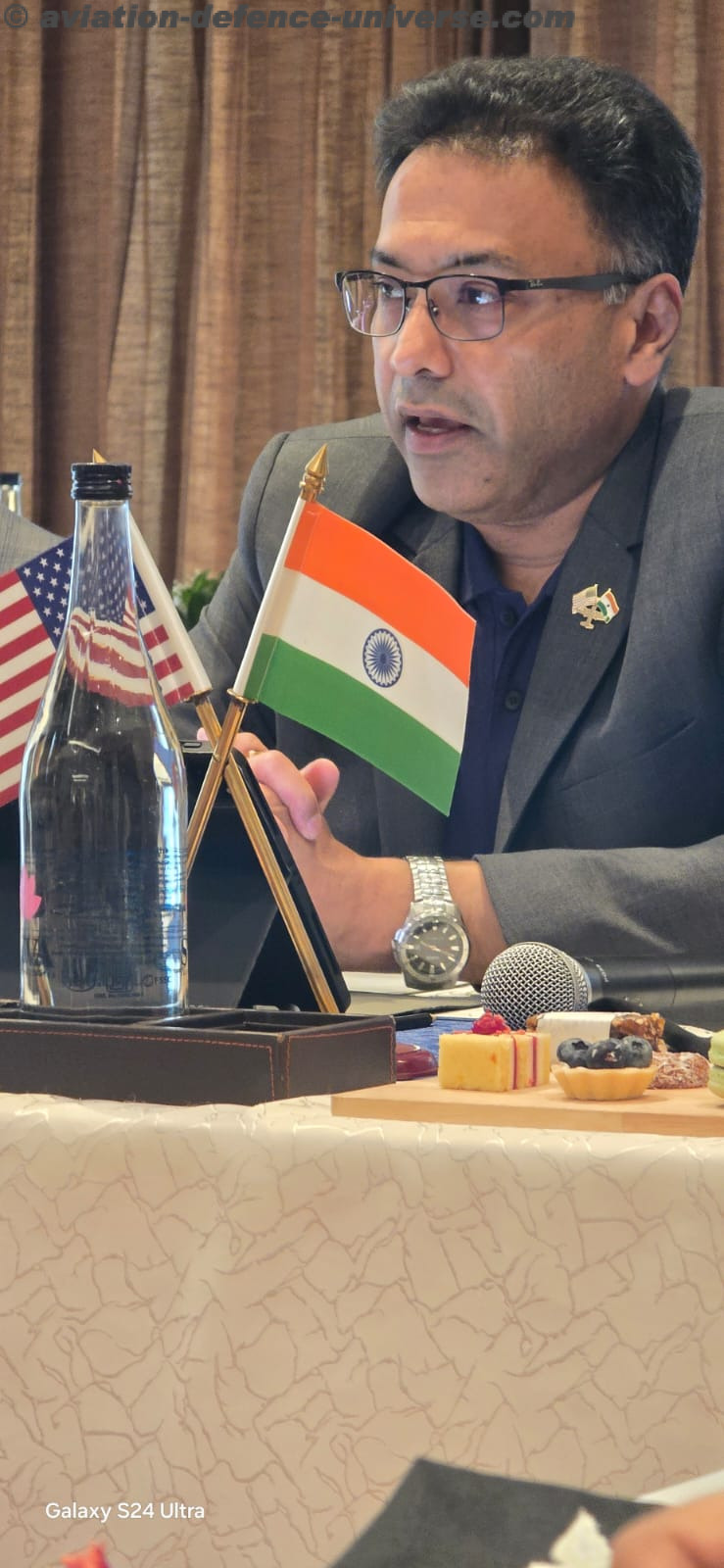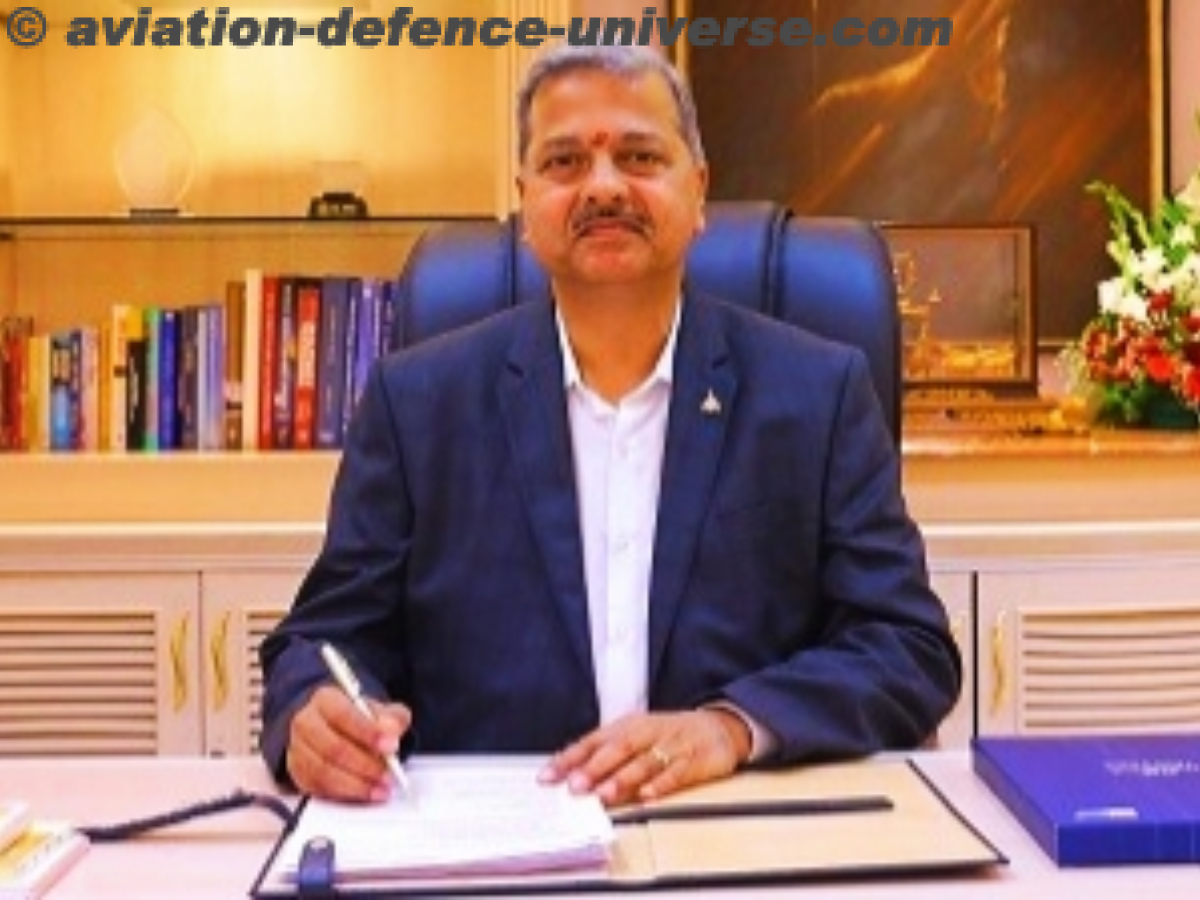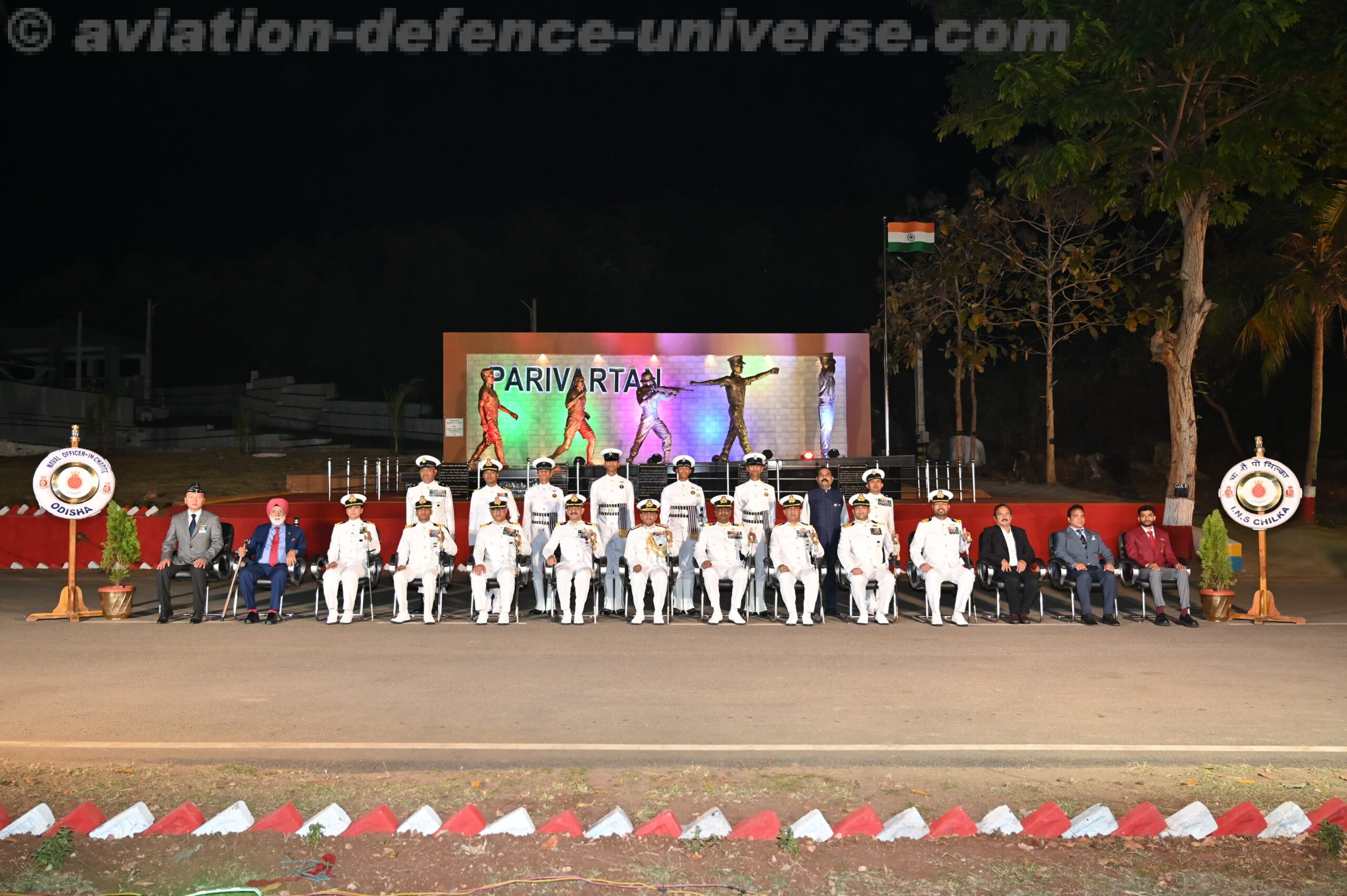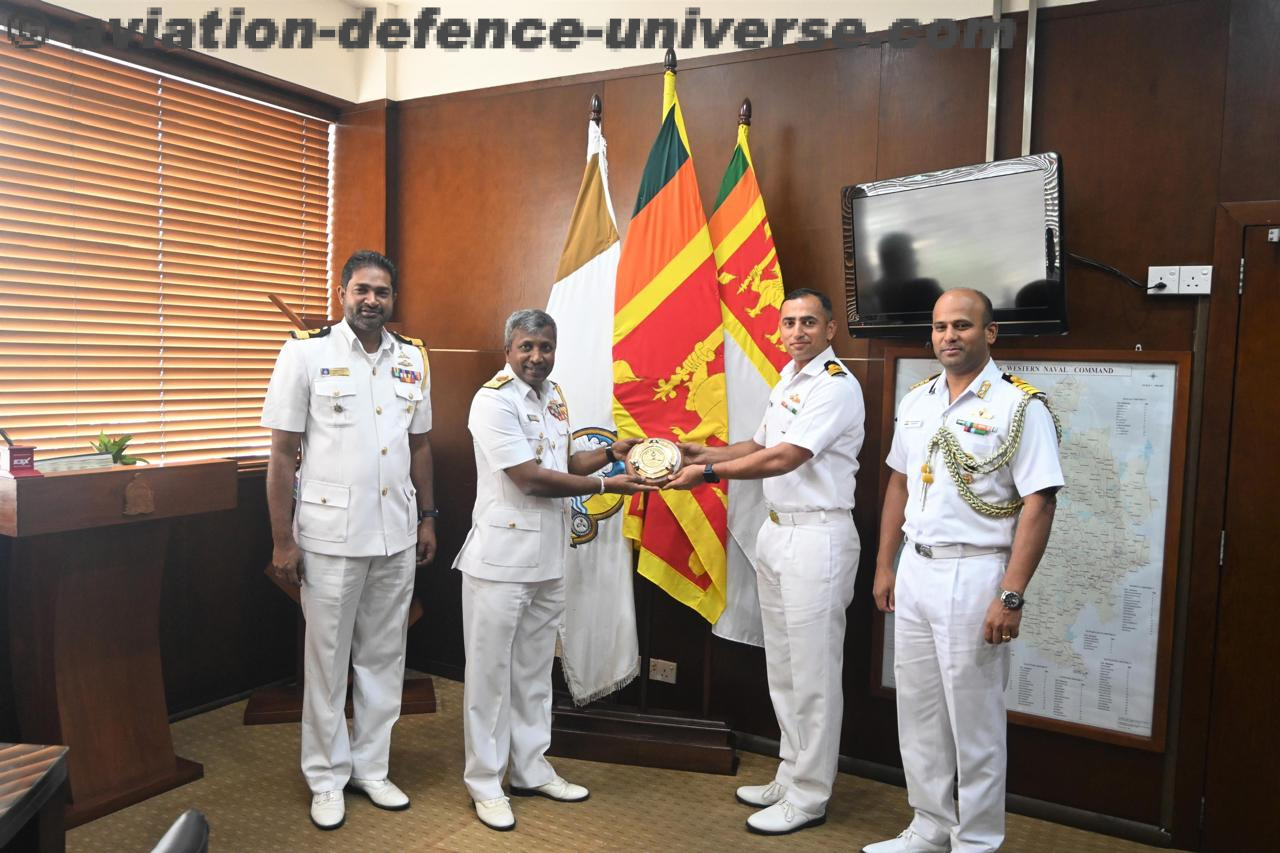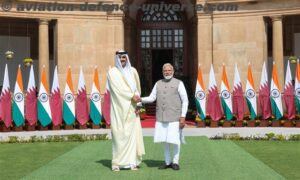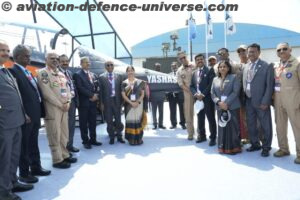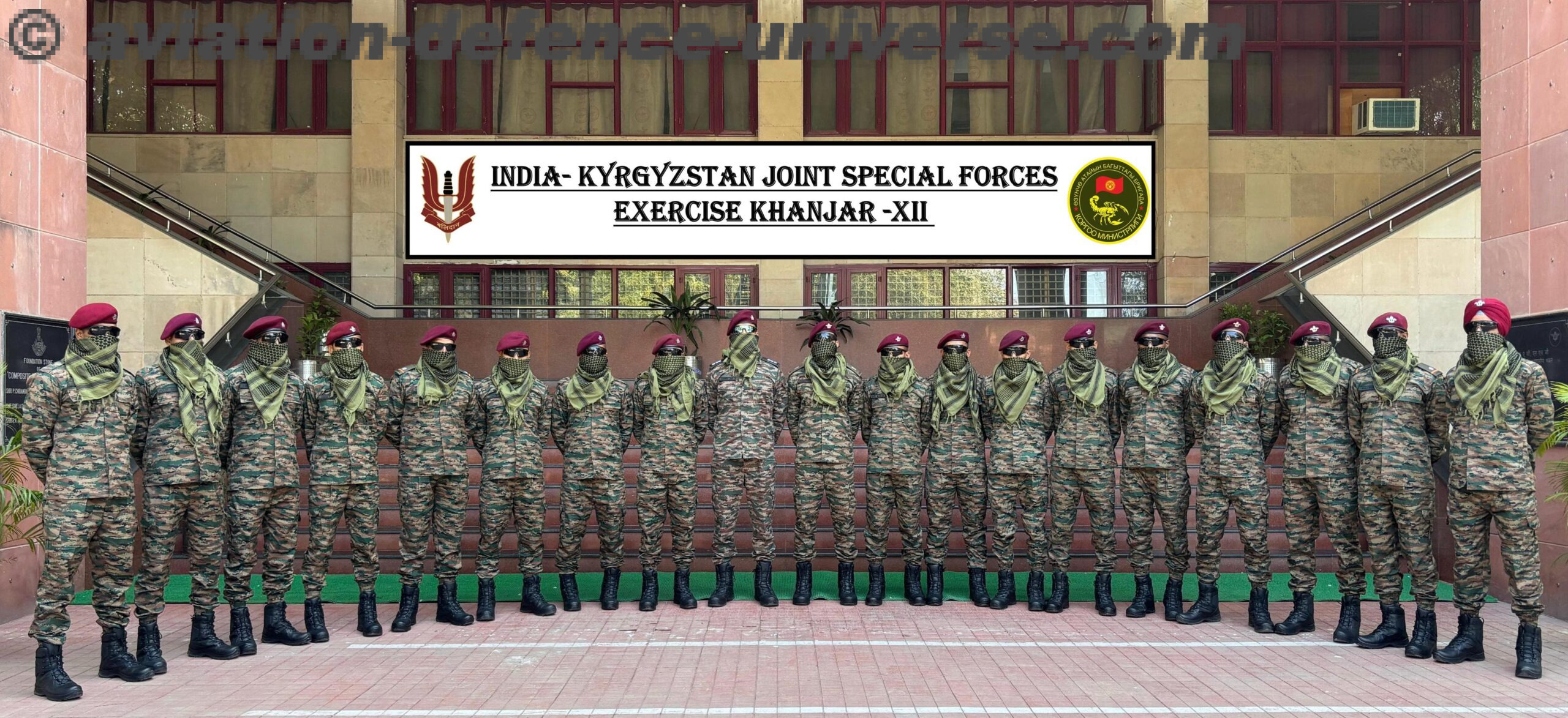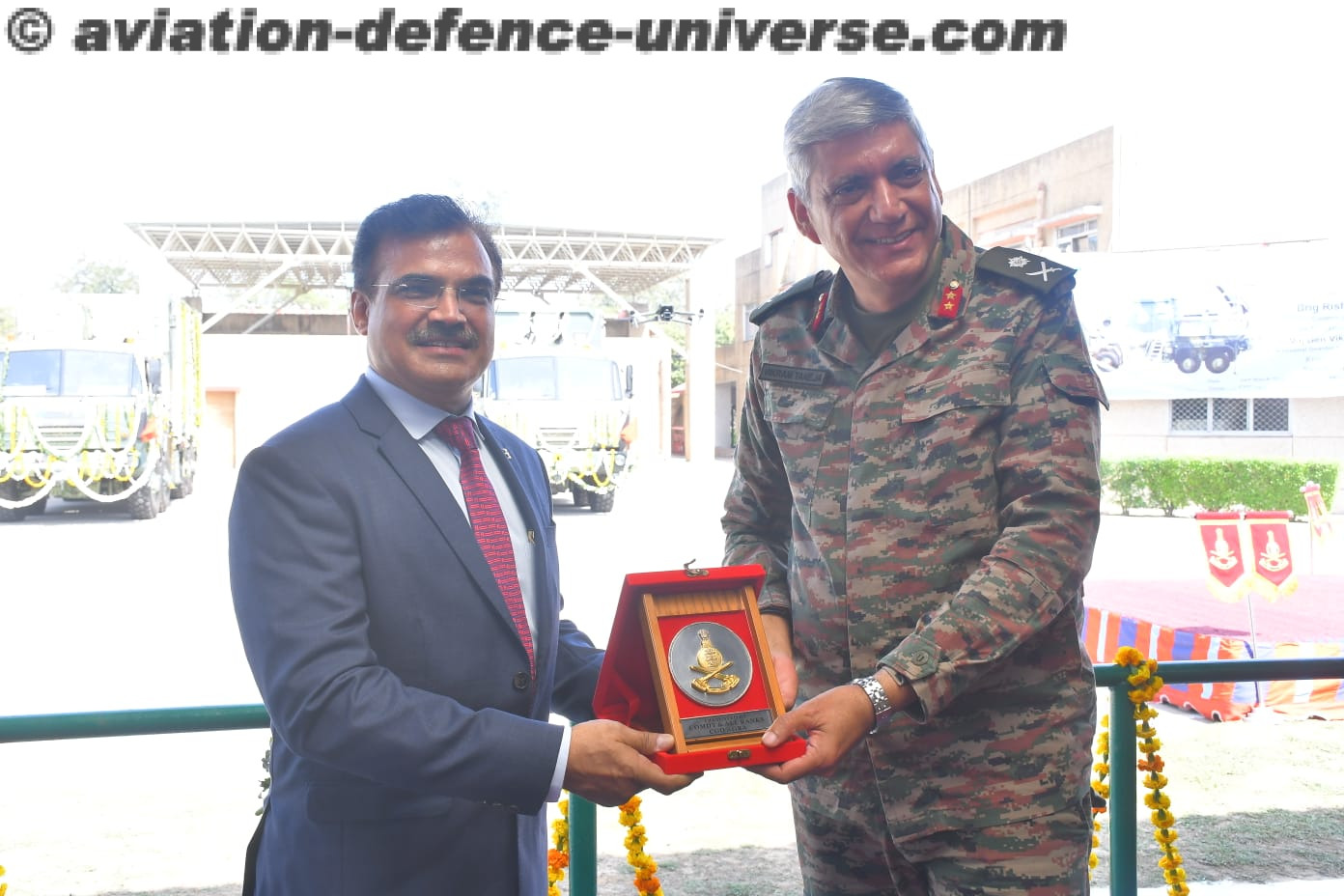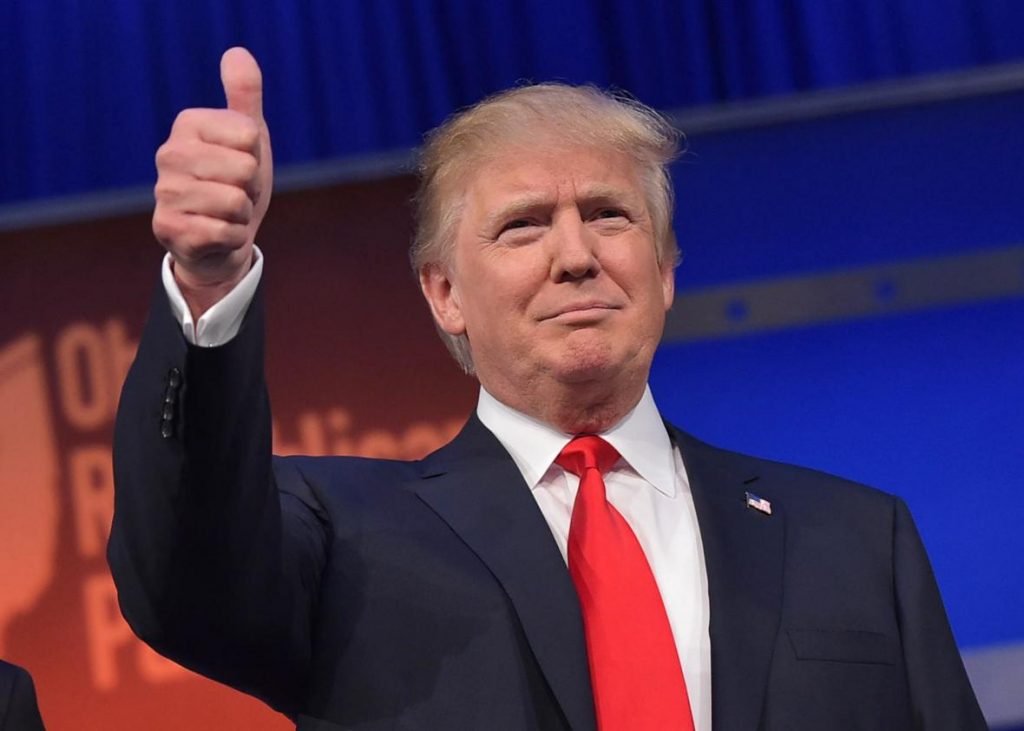
- How His Return Could Shape India’s Foreign Policy and Economic Landscape?
By Jai Kumar Verma
New Delhi. 17 November 2024. The return of Donald Trump as the 47th President of the United States marks a significant shift in the global political landscape. After a turbulent exit in January 2021, Trump has made a comeback, this time with a stronger backing as the Republicans hold a majority in the Senate and lead in the House of Representatives. His presidency is expected to bring about a series of economic and foreign policy changes that could have far-reaching implications, not just for the U.S., but for the entire world, including India. With his bold and often unpredictable approach, Trump’s second term could influence global trade, geopolitical dynamics, and strategic alliances.

Trump’s proposed economic policies aim to implement radical changes, such as imposing heavy tariffs ranging from 10% to 20% on all imports, with particularly high duties on cars and goods from China. This protectionist stance could escalate trade tensions and impact several exporting nations, including India, Japan, Vietnam, and South Korea. Trump’s agenda to double domestic oil drilling is aimed at reducing energy prices and controlling inflation. However, his planned rollback of the Affordable Care Act (ACA) may face resistance and have broader economic consequences.
The emphasis on “America First” policies suggests a potential shift in U.S. trade relations. Trump’s focus on boosting domestic manufacturing and reducing reliance on imports could disrupt global supply chains. For India, this presents a mixed scenario. While India could be seen as a strategic counterweight to China and a beneficiary of supply chain realignments, it may also face pressure due to its trade surplus with the U.S.
Trump’s re-election brings uncertainty to the global geopolitical landscape, particularly in dealing with ongoing conflicts like the Russia-Ukraine war. Trump has pledged to resolve the conflict swiftly, although the feasibility of his approach remains in question. Given the close ties between Moscow and Beijing, any shift in U.S. policy towards Russia could have a domino effect on U.S.-China relations. Trump’s previous administration had taken a strong stance against China, which is likely to continue, affecting global economic dynamics and supply chains.
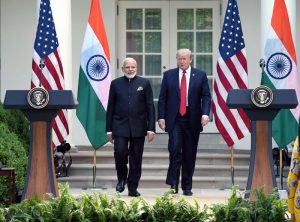
For India, Trump’s return offers both opportunities and challenges. The India-U.S. relationship, which strengthened during his first term, may see further enhancement, especially in defence and strategic collaboration. Trump’s criticism of China aligns with India’s concerns over Beijing’s assertive actions in the Indo-Pacific region, making defence cooperation a focal point. The possibility of increased joint military exercises and technology sharing, including drones and fighter jets, could bolster India’s defence capabilities.
However, Trump’s stringent immigration policies could negatively impact Indian professionals, as a significant proportion of work visas are issued to Indians. His hard stance on tariffs and trade imbalances may also lead to friction, given India’s considerable trade surplus with the U.S. Nevertheless, India’s strategic importance as a counterbalance to China may help navigate these challenges.
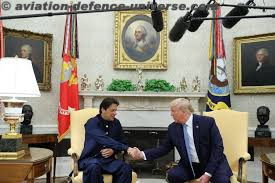
Trump’s policies towards South Asia, particularly his stance on Pakistan and Bangladesh, are likely to be shaped by his previous experiences and geopolitical calculations. During his last term, Trump criticized Pakistan for its support of terrorism and cut financial aid. This tough stance could resurface, affecting U.S.-Pakistan relations. Meanwhile, Bangladesh, which had strategic ties with the U.S. under Trump’s Indo-Pacific policy, may face uncertainty regarding financial assistance and trade relations.
The growing influence of China in South Asia could be a determining factor in shaping Trump’s approach towards the region. Bangladesh’s Prime Minister Sheikh Hasina and influential figures like Dr.Yunus have already extended diplomatic gestures towards Trump, indicating a desire to maintain positive relations.
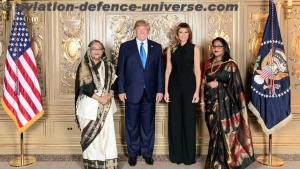
The relationship between Bangladesh and the US during Trump’s first tenure had of strategic partnership and Dacca was important in the Trump administration’s Indo-Pacific policy. Trade between both the countries also enhanced. Dr Yunus Chief Advisor of Bangladesh who was quite critical of Trump earlier, has now written a cordial letter to him. Sheikh Hasina also wrote a congratulatory letter to Trump and called herself the Prime Minister of Bangladesh. Promises by Biden administration and USAID to assist Bangladesh financially may be turned down by Trump. There are quite a few prominent Hindu American activists who claim that they were behind Trump’s criticism of persecution of Hindus and other minorities in Bangladesh. Trump would not endorse the policies of Dr Yunus however Trump would see that the relations between U.S. and Bangladesh remain cordial so that the latter does not move towards China. Dr Yunus wants to settle Rohingya issue but does not want to send them to Myanmar because of lack of security there. He wants to relocate them in some other country however Trump who has promised to deport illegal immigrants from U.S. would neither support Yunus on this issue nor agree to accept Rohingyas in U.S.
Trump’s return could further solidify the partnership between India and the U.S., especially given his favourable statements towards India during the election campaign. Prime Minister Modi’s early congratulatory message to Trump reflects the eagerness to continue building strong bilateral ties. The personal rapport between Trump and Modi, highlighted during events like “Howdy Modi” in Houston, sets a positive tone for future cooperation.
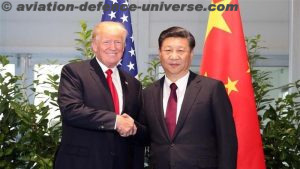
India’s strategic importance as a partner in countering China’s influence in the Indo-Pacific region is likely to be a cornerstone of U.S. foreign policy under Trump. Enhanced defence cooperation, technology transfer, and joint military exercises are expected to feature prominently in the bilateral agenda. Moreover, the Indian diaspora in the U.S., a strong supporter of Trump, could play a key role in strengthening cultural and economic ties. Trump pronounces “America First” hence he claims that defending Ukraine, Philippines or Taiwan is not in the interest of U.S., but it would not be feasible as several issues are linked. Taiwan, Philippines are important to deal with China hence they cannot be abandoned. Pakistanis feel that Trump would adopt stringent policies towards Islamabad as he criticised Pakistan for helping terrorists. In his last tenure he stated that U.S. has “foolishly” gave $33 billion in 15 years to Pakistan in aid while Islamabad gave nothing to U.S. “They gave safe haven to the terrorists we hunt in Afghanistan” and after it he cut financial assistance to Pakistan. The recent agreement between President Biden and Shahbaz Sharif about resumption of military transfer can also be amended or scrapped.
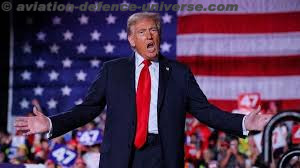 The return of Donald Trump to the White House is all set to introduce a new phase of uncertainty and opportunity in global politics. His strong, nationalistic policies, focused on “America First,” could reshape international trade dynamics, impact global alliances, and influence strategic decisions worldwide. For India, Trump’s presidency could offer significant strategic advantages, particularly in defence cooperation and countering China’s influence. However, challenges in trade, immigration, and economic policy adjustments may test the resilience of India-U.S. relations.
The return of Donald Trump to the White House is all set to introduce a new phase of uncertainty and opportunity in global politics. His strong, nationalistic policies, focused on “America First,” could reshape international trade dynamics, impact global alliances, and influence strategic decisions worldwide. For India, Trump’s presidency could offer significant strategic advantages, particularly in defence cooperation and countering China’s influence. However, challenges in trade, immigration, and economic policy adjustments may test the resilience of India-U.S. relations.
As Indian Foreign Minister S. Jaishankar aptly noted, “Our relationship with the United States will only grow, regardless of the election outcome.” This sentiment underscores the robust and evolving partnership between the two nations, grounded in shared values and mutual strategic interests. While Trump’s unpredictable nature adds an element of complexity, the solid foundation of India-U.S. relations is expected to endure, paving the way for deeper collaboration in addressing global challenges and advancing mutual goals.
(Jai Kumar Verma is a Delhi-based strategic analyst and member of United Services Institute of India and The Manohar Parrikar Institute for Defence Studies and Analyses. The views in the article are solely the author’s. He can be contacted at editor.adu@gmail.com






_BannerAD_234x60px.jpg)


